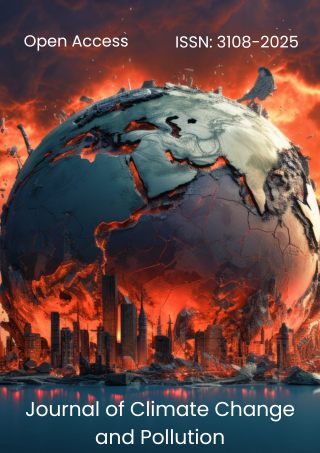Climate Resilience and Adaptation
Climate resilience and adaptation are essential strategies for managing the impacts of climate change and enhancing the capacity of communities, ecosystems, and economies to withstand and recover from climate-related stresses. While resilience refers to the ability to anticipate, absorb, and bounce back from climate shocks such as floods, droughts, and extreme weather—adaptation involves proactive adjustments in systems, practices, and policies to minimize vulnerability and optimize long-term outcomes. This includes infrastructure upgrades, climate-smart agriculture, water resource management, early warning systems, and integrated urban planning. Building resilience requires not only scientific and technological innovation but also inclusive governance, local knowledge, and equitable resource distribution. As climate risks become more severe and unpredictable, climate resilience and adaptation stand at the core of sustainable development and disaster risk reduction efforts worldwide.
Article Processing Timeline
| 2-5 Days | Initial Quality & Plagiarism Check |
| 15 Days |
Peer Review Feedback |
| 85% | Acceptance Rate (after peer review) |
| 30-45 Days | Total article processing time |
Journal Flyer


